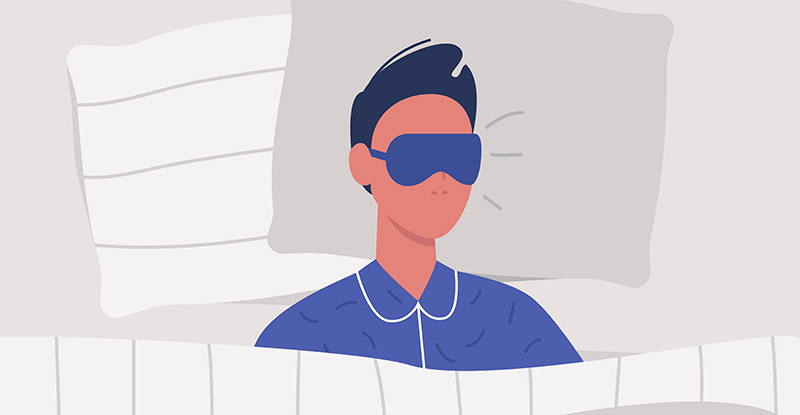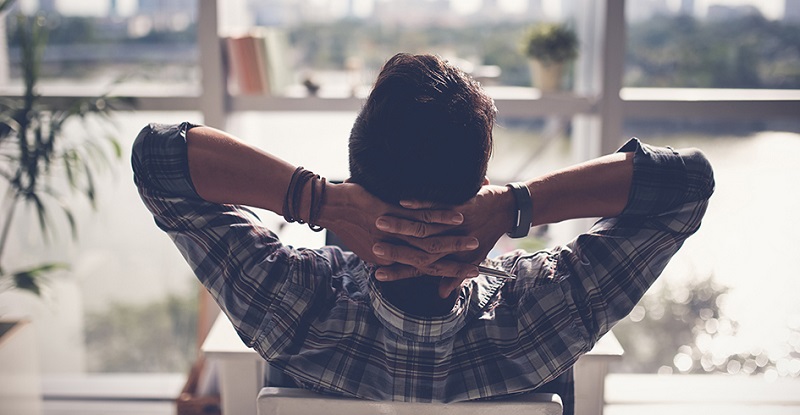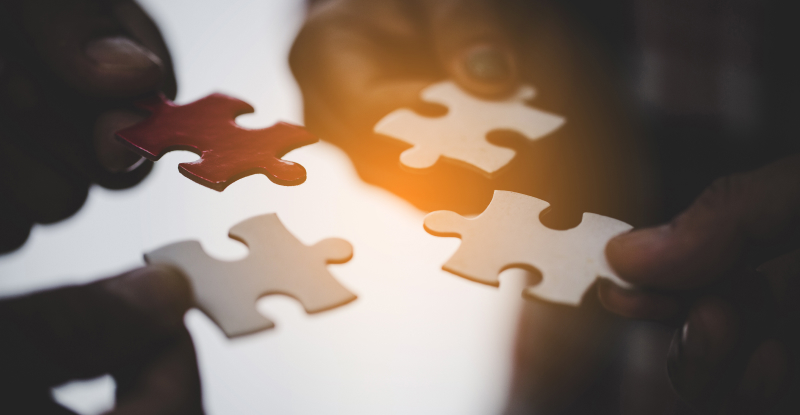
"A day well-spent brings happy sleep." ~ Leonardo da Vinci
How well did you sleep last night? How long did you sleep? These are two good questions.
If you want a better brain, and to live longer, and to be younger, get enough sleep. Your brain needs 7-9 hours of good sleep every day. When you don't get enough sleep your brain has a hard time dealing with stress. It gets irritable, and it has a hard time paying attention. On the other hand, getting adequate sleep helps your brain learn new things, and develop new habits.
Here's the deal. When you are awake you have new experiences and learn new things. When you sleep brain processes help you integrate those new experiences and learnings into your memory. Both declarative and procedural memory are consolidated during sleep. This makes you more effective in the future.
Many people I meet in my live presentations on the brain tell me they don't get enough sleep. I believe them. Everyone is busy. There's plenty of stress to go around. Sleep deprivation has also been shown to damage brain cells.
Here are nine habits that can steal your sleep:
- No caffeine after lunch. Caffeine can stay with you for up to 12 hours leaving you wide awake at bedtime. General rule: If you need an energy jolt try going for a brisk walk outside.
- Unplug. Cozying up to your laptop in bed could disrupt your sleep. The content stimulates your brain. And the emitted blue light mimics daylight. It can stop the production of melatonin - the sleep hormone. General rule: Turn off all gadgets an hour before bedtime.
- Exercise early in the day. Exercise is great for reducing stress and this helps sleep. But it also increases your body's core temperature, making it harder to fall asleep. General rule: Exercise at least two hours before bedtime. Earlier would be even better.
- Downsize dinner. Large meals take a long time to digest, delaying the onset of sleepiness. General rule: Try and make lunch your big meal of the day...or at least eat a bit more for lunch and little bit less in the evening.
- Skip the "nightcap." Period. That is the rule.
- Don't work in bed. Especially on your computer. General rule: Stop working at least an hour before bedtime.
- Sleeping pills? Very sparingly. Better not at all. A recent study reported in the BMJ Open journal found regular sleeping pill users were 4.6 time likelier to die prematurely. General rule: Don't.
- Make your bed. The National Sleep Foundation found that 44% of people who make their beds tend to sleep more soundly than those who don't. General rule: Don't leave your bed in a heap.
- Sleeping in on the weekend. Wide variations in your sleep-wake cycle can cause insomnia. General rule: If you are dying for a sleep-in, try and keep it to just an hour more than your normal "get up time."
Access mental health resources through Telus Health
All members, candidates, and students, along with their immediate family members, have access to confidential help through the Telus Health (formerly LifeWorks) Member Assistance Program. You can access the program by phone, web, or mobile app:
- Toll-free: 1-844-880-9142
- Web: login.lifeworks.com
- App: Download the free LifeWorks app on Android or iOS from Google Play or the App Store (username: bccpa; password: Lifeworks)
I also read recently that a small cup of cherry juice is great for inducing sleep. If you want more informatoin on sleep health, a great book on this topic is Sleep Thieves by Dr. Stanley Coren.
Personally, I have increased my sleep time the last few years, and and my brain feels younger, sharper, and more flexible.
Terry Small, B.Ed., M.A., is a master teacher and Canada's leading learning skills specialist. He is the author of the Brain Bulletin with over 34,000 subscribers worldwide.
Originally published on Brain Bulletin.



